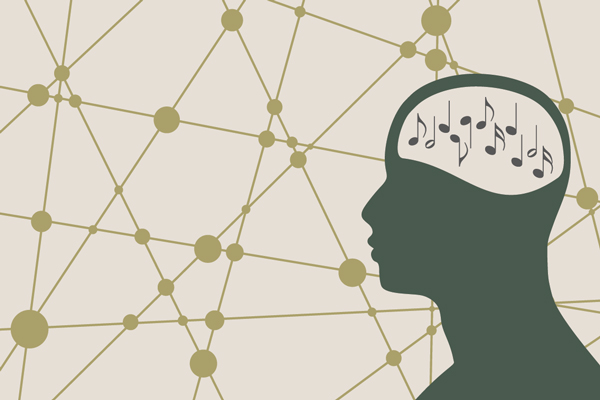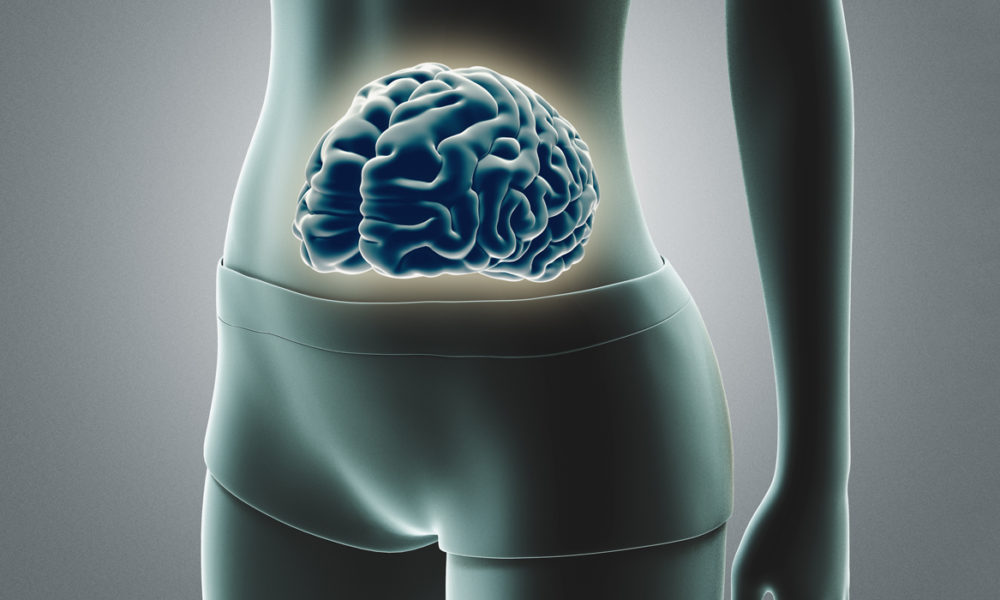Depression is a mental health condition that affects millions of people worldwide. It is characterized by persistent feelings of sadness, loss of interest, and a lack of motivation. While there are various treatment options available, such as medication and talk therapy, art and music therapy have gained recognition for their effectiveness in treating depression.
The Healing Power of Art Therapy
Art therapy is a form of psychotherapy that utilizes the creative process of art-making to improve and enhance the physical, mental, and emotional well-being of individuals. Through the use of different art materials, such as paint, clay, and pencils, art therapy provides a safe and non-judgmental space for individuals to express their emotions and explore their inner thoughts.
This therapeutic approach allows individuals with depression to communicate their feelings and experiences symbolically, often leading to a deeper understanding and acceptance of their emotions. Art therapy encourages self-expression, promotes relaxation, and enhances self-esteem, which can be particularly beneficial for individuals struggling with depression.
Moreover, engaging in art-making activates the brain’s reward center, releasing dopamine and promoting a sense of pleasure and accomplishment. This can help individuals with depression regain a sense of joy and motivation in their lives.
The Soothing Effects of Music Therapy

Music therapy involves the use of music to address the physical, emotional, cognitive, and social needs of individuals. It is a form of therapy that utilizes various musical elements, such as rhythm, melody, and harmony, to improve overall well-being.
Studies have shown that music therapy can be highly effective in reducing symptoms of depression. Listening to or creating music releases endorphins, which are natural mood-elevating chemicals in the brain. This can result in an immediate positive shift in mood and a reduction in feelings of sadness and anxiety.
Furthermore, music therapy provides a means of self-expression and emotional release. Individuals with depression may find it difficult to express their feelings verbally, but through music, they can convey their emotions and find solace in the melodies and lyrics.
Complementary Approaches for Holistic Treatment
Art and music therapy can be used in conjunction with other forms of treatment for depression to create a holistic and comprehensive approach. They complement traditional therapy methods by providing alternative channels for emotional expression and exploration.
By integrating art and music therapy into a treatment plan, individuals with depression can experience a multi-dimensional healing process. These therapies foster self-awareness, facilitate emotional growth, and promote relaxation and stress reduction.
It is important to note that art and music therapy should be conducted by trained and certified professionals. These therapists have the knowledge and expertise to guide individuals through the therapeutic process and ensure a safe and supportive environment.
Art and music therapy offer unique and effective approaches to treating depression. Through art therapy, individuals can express their emotions symbolically, while music therapy provides a soothing and expressive outlet. By incorporating these therapies into a comprehensive treatment plan, individuals with depression can experience holistic healing and find renewed hope and joy in their lives.




